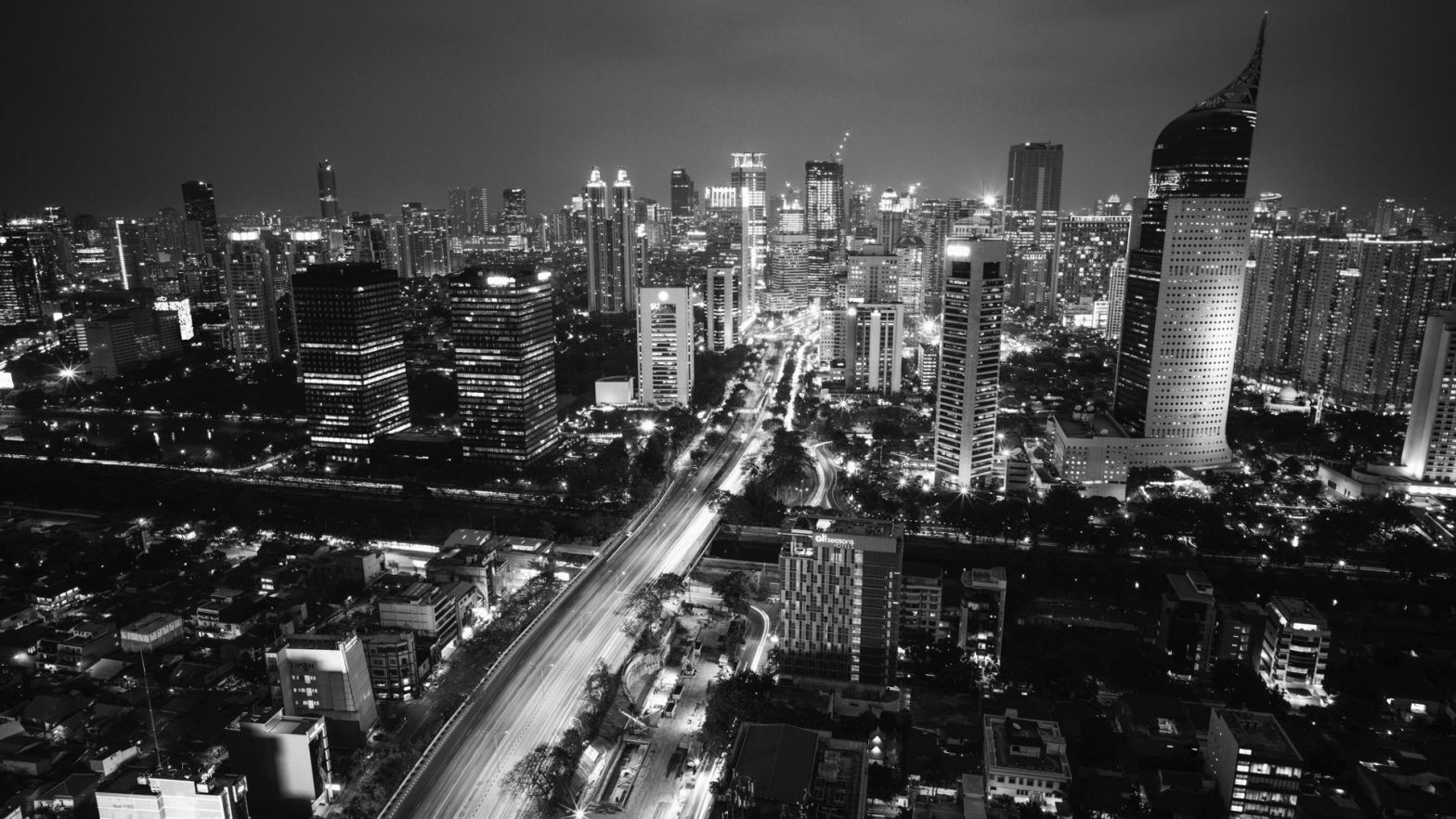IURC Asia & Australasia Partner Country: Indonesia
Country Description
Urbanisation in Indonesia increased tremendously following the country’s rapid development in the 1970s. Since then, Indonesia has been facing a high urbanisation rate driven by rural-urban migration. In 1950, 15% of Indonesia’s population lived in urban areas. The percentage is expected to become 67.5 by 2025. Indonesia has many large cities. Among them, 13 range between 1 and 5 million inhabitants. In 2018, there were no cities with a population between 5 and 10 million, making Jakarta with almost 11 million inhabitants the largest city by far.
Previous EU-Indonesia City Cooperation
Indonesia participated in city-to-city cooperation in the World Cities programme in 2017-2018, involving the Indonesia cities of Makassar and Semarang and Seville (Spain) and Zagreb (Croatia).
“EU World Cities allowed us to link ourselves with Seville and discuss urban development issues of common interest. We want Makassar to become a liveable world class city and we see collaboration with partner cities as an important pillar to achieve this.”
Najiran Syamsuddin, Head of International Department, City of Makassar
Makassar on Sulawesi Island is one of the boom cities in Indonesia. In recent years, its GDP grew almost twice as fast as the national average and is slightly higher than the provincial rate. Through interventions focused on data collection/connectivity, Makassar engages city employees and the public (see “Makassar Smart Card”) to enhance service delivery and the quality of life. Yet Makassar has its challenges, particularly high poverty, limited mobility and waste management. In the latter sector, wastewater transport and treatment facilities, and water supply are inadequate to meet the needs of the city.
Teams from Makassar and Seville were pleased to re-connect and extend their existing collaboration. While both cities experience rather different contexts, there are areas of mutual interest. The existing work of Sevillian company EMASESA in Makassar meant that the Spanish had a nuanced understanding of the challenges and a realistic sense of the kind of support needed. Teams are working on implementing technological solutions which benefits the Indonesians while the Sevillians benefit commercially.
Seville and Makassar are focusing their collaboration project on septic tank management. The city of Makassar lacks wastewater transport systems; instead, wastewater is stored in septic tanks. In collaboration with the EMASESA, standards and monitoring systems for the usage and maintenance of septic tanks would be designed to improve water treatment in the city.
This programme incorporates technical training in diagnostics of water leakages and detection systems to reduce the wastage of water – a much more cost-effective intervention than trying to repair the entire water infrastructure of Makassar. More than an exchange, this is an opportunity for Seville to commercialise its technology. The project is envisaged as technical consultancy to develop a pilot test area. Through using cost-effective IOT (Internet of Things) technology, it is possible to obtain management data such as on waste level in trucks, truck location and the number of homes serviced. This information will be processed in Makassar’s “War Room”, a Smart City initiative, where crucial information regarding the operation of the city is concentrated and managed.
